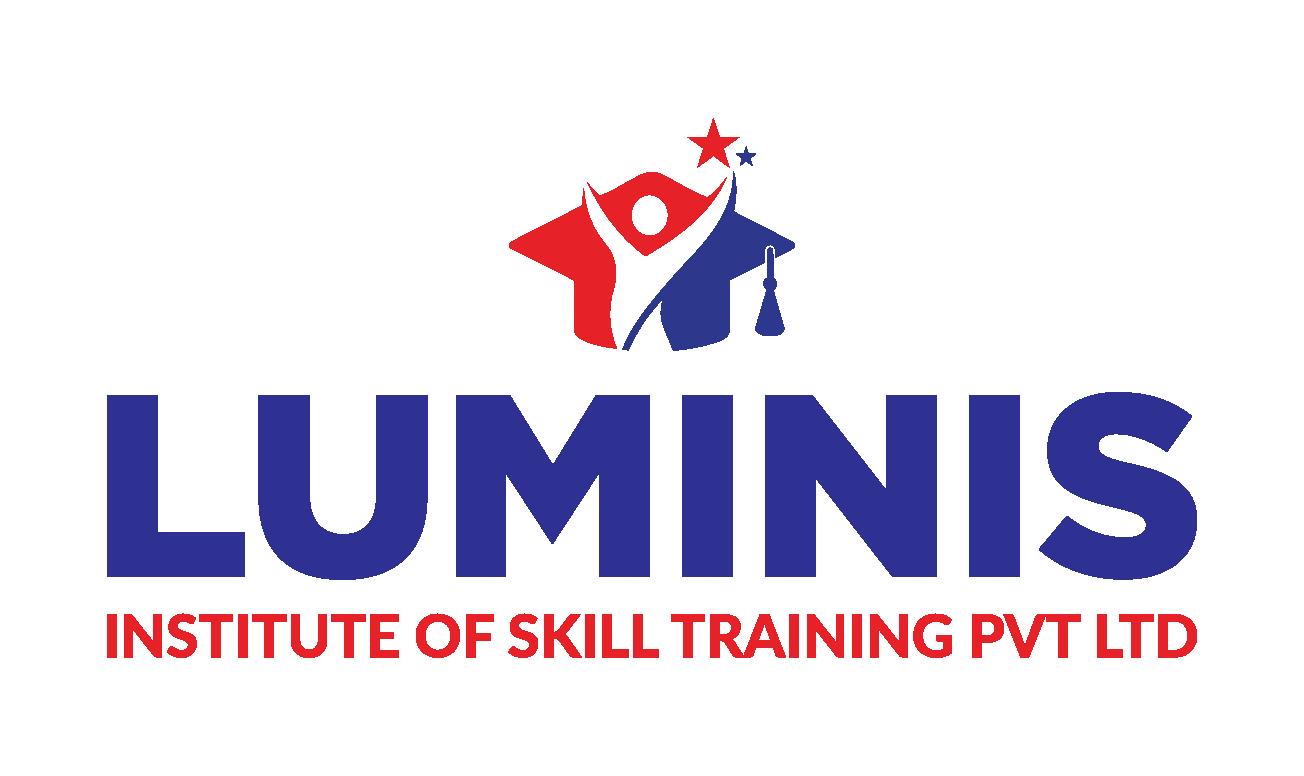[vc_row][vc_column][vc_column_text]In recent years, the integration of artificial intelligence (AI) in healthcare has revolutionized the way medical scribing is conducted. This transformation has significantly impacted the efficiency and accuracy of medical documentation, leading to improved patient care and streamlined workflows. In this blog post, we will take a fascinating journey into the world of AI in healthcare and explore how it is reshaping the landscape of medical scribing. We will also address some thought-provoking questions, such as whether AI will take over medical scribe jobs and the evolving role of AI scribe for doctors in the medical field.
How AI is Used in Healthcare
The healthcare industry is undergoing a profound transformation, thanks to the groundbreaking advancements in artificial intelligence (AI). In today’s dynamic healthcare landscape, AI is not just a tool but a game-changer, offering innovative solutions that promise to reshape patient care, streamline processes, and revolutionize decision-making.
At the forefront of this AI revolution is medical scribing, where cutting-edge AI solutions are empowering healthcare providers to seamlessly capture, organize, and analyze patient data. This transformative approach not only optimizes workflows but also drastically reduces administrative burdens, allowing healthcare professionals to deliver more personalized care to their patients.
However, the impact of AI in healthcare extends far beyond medical scribing alone. From disease diagnosis to treatment planning, predictive analytics, and patient monitoring, AI is driving positive change across the entire healthcare spectrum. Its ability to process and interpret vast amounts of medical data with unparalleled speed and precision enables AI systems to unearth valuable insights, identify patterns, and support clinical decision-making like never before.
Moreover, AI-driven tools are instrumental in automating repetitive tasks, liberating healthcare professionals to focus more on meaningful patient interaction and superior care delivery. As a result, AI is not replacing human expertise but rather enhancing it, introducing a new era where technology and healthcare professionals collaborate to deliver exceptional care.
As we look to the future, AI is poised to play an increasingly integral role in augmenting medical practices, improving patient outcomes, and driving operational efficiencies. The transformative impact of AI in healthcare promises a future where technology and human expertise work hand in hand to deliver exceptional care, marking a new chapter in the evolution of healthcare as we know it.
What benefits does AI bring to Medical scribing?
- Enhanced Speed and Accuracy: AI-powered solutions significantly improve the speed and accuracy of medical scribing by transcribing spoken words into text more efficiently and with higher precision than traditional methods.
- Interpretation of Complex Medical Jargon: AI algorithms are capable of interpreting and understanding complex medical terminology, ensuring that the documentation is precise and comprehensive, reducing the chances of misinterpretation or misunderstanding of medical information.
- Suggested Relevant Codes: AI can suggest relevant codes for diagnoses and procedures, streamlining the coding process and ensuring accurate and consistent documentation of healthcare encounters.
- Real-time Capture and Organization of Information: AI enables the real-time capture and organization of patient information, allowing healthcare providers to access critical data promptly and make informed decisions swiftly.
- Improved Quality of Patient Records: AI-powered medical scribing improves the overall quality of patient records by reducing errors, inconsistencies, and omissions, ultimately contributing to better patient care and outcomes.
- Streamlined Workflows: AI streamlines documentation workflows, freeing up more time for healthcare professionals to focus on patient care rather than administrative tasks.
How AI is Transforming Medical Scribing
Gone are the days of laborious manual medical scribing – enter the era of seamless AI integration in healthcare. Imagine a world where medical professionals can effortlessly translate spoken words into accurate and comprehensive patient documentation at an unprecedented speed. Thanks to cutting-edge AI algorithms, this vision is now a reality.
AI-powered solutions are reshaping medical scribing by offering lightning-fast transcription capabilities, adept interpretation of complex medical language, and even intelligent suggestions for diagnoses and procedures. Gone are the days of struggling with medical jargon – AI steps in to make the process smoother and more precise than ever. These advancements not only boost efficiency but also drastically reduce the risk of errors, elevating the quality of patient records to new heights.
But the benefits don’t stop there. With AI, real-time capture and organization of patient information becomes a breeze, paving the way for more efficient and effective healthcare delivery. As AI continues to evolve, its transformative impact on medical scribing is poised to enhance accuracy, streamline workflows, and optimize the entire documentation process for healthcare providers. The future of medical scribing is AI-powered, and the possibilities it presents are truly game-changing.”
Will AI Take Over Medical Scribe Jobs?
The rise of artificial intelligence (AI) in medical scribing has sparked discussions about the potential impact on human medical scribe jobs. While AI has automated many aspects of the documentation process, it has also created new opportunities for medical scribes to focus on higher-value tasks, such as patient interaction and care coordination. Rather than replacing human scribes entirely, AI is more about complementing their capabilities and enhancing their role in the healthcare ecosystem. The integration of AI in medical scribing has the potential to redefine the responsibilities of medical scribes, allowing them to leverage technology to improve their efficiency and effectiveness. As AI technology advances, it is expected to create a symbiotic relationship between human scribes and AI, leading to a more collaborative and productive approach to medical documentation and patient care.
Medical Scribe AI: Enhancing Doctor Efficiency
AI-powered medical scribing tools are designed to assist doctors in managing their documentation workload efficiently. By automating routine tasks such as note-taking and data entry, AI scribes free up valuable time for physicians to concentrate on patient care, leading to improved productivity and better patient outcomes. These tools are equipped with advanced features such as natural language processing and voice recognition, enabling seamless and accurate transcription of patient encounters. As a result, doctors can devote more time to direct patient interaction, diagnosis, and treatment planning, ultimately enhancing the overall quality of care. The integration of AI in medical scribing not only streamlines the documentation process but also empowers doctors to focus on what matters most their patients.
The Future of AI Medical Scribing
As AI technology continues to advance, the future of medical scribing looks promising. AI medical scribing solutions are expected to become more sophisticated, incorporating natural language processing, machine learning, and voice recognition to further enhance accuracy and efficiency. These advancements will enable AI systems to interpret and document patient encounters with a higher degree of precision, reducing the burden on healthcare providers and improving the overall quality of medical records. Additionally, AI medical scribing is likely to evolve to support multi-modal inputs, such as images and diagnostic data, expanding its capabilities beyond traditional text-based documentation. As a result, healthcare professionals can expect AI to play an increasingly integral role in facilitating seamless and comprehensive patient data capture and analysis. The future of AI medical scribing holds the promise of further optimizing healthcare workflows, enhancing patient care, and driving positive change in the healthcare industry.
In conclusion, the integration of AI in medical scribing has brought about remarkable improvements in efficiency and accuracy. While concerns about job displacement exist, the overall impact of AI on medical scribing is a positive one, empowering healthcare professionals to deliver better patient care. As technology continues to evolve, the collaborative relationship between AI and human medical scribes will play a pivotal role in shaping the future of healthcare documentation.[/vc_column_text][/vc_column][/vc_row]

